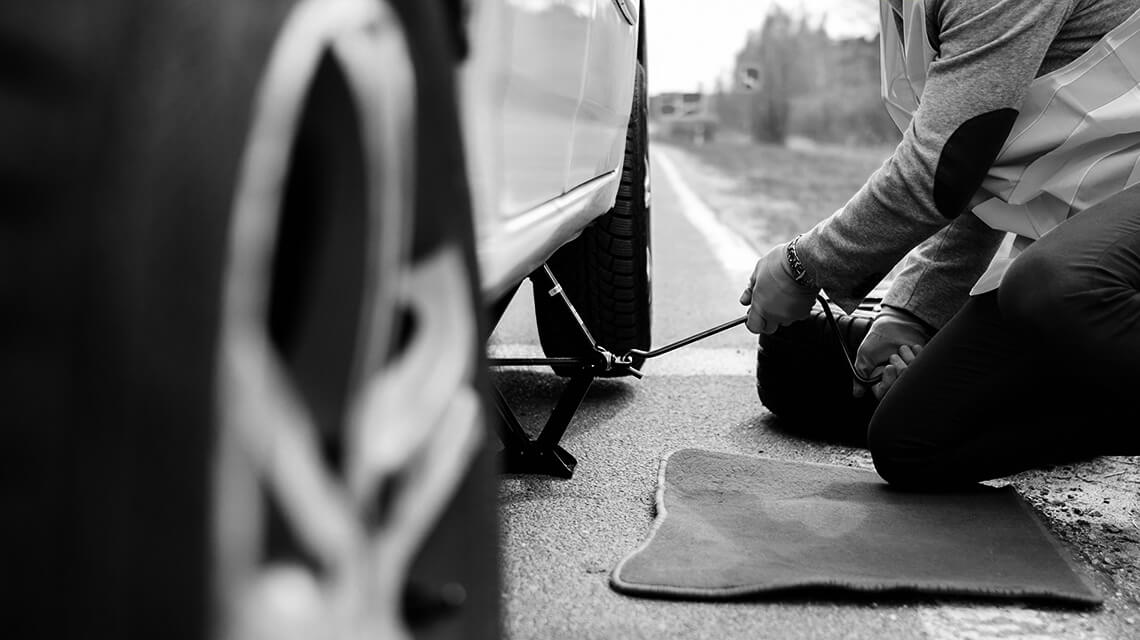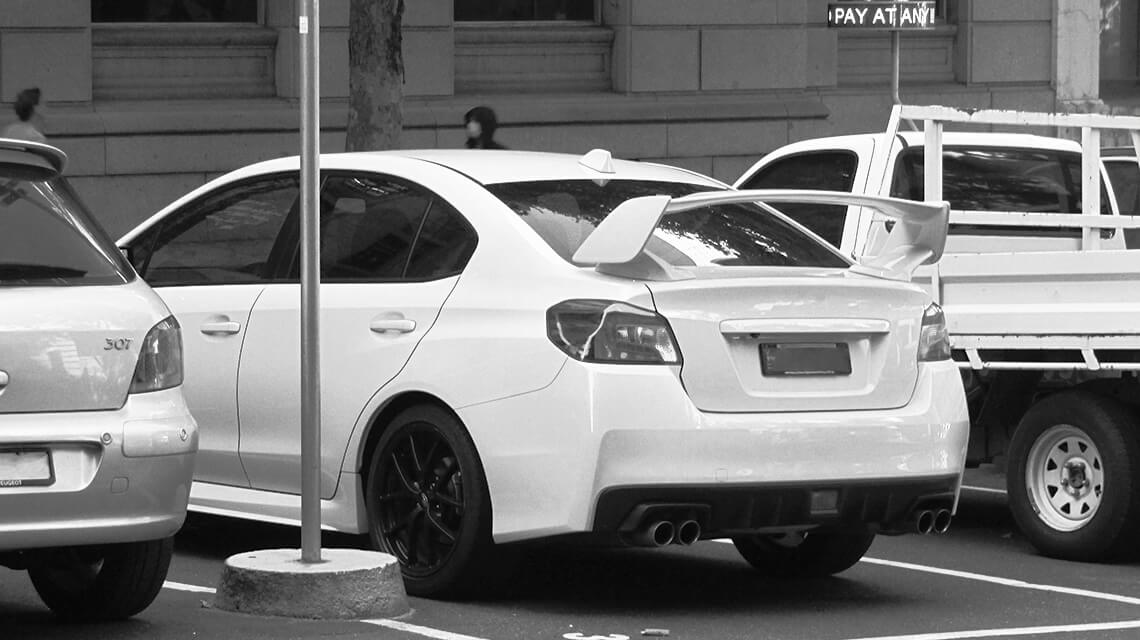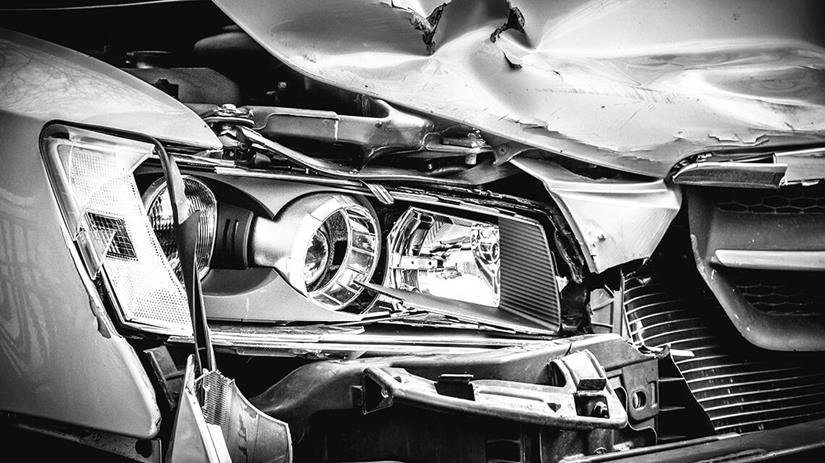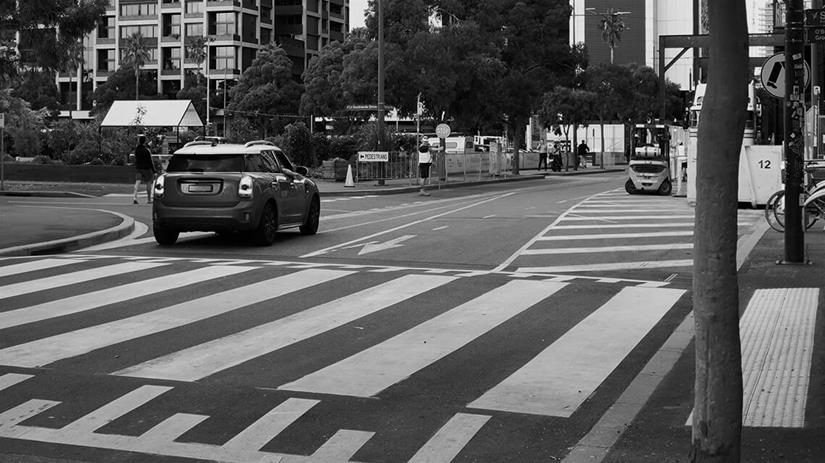Looking for new car insurance? Use the following 10 questions to help narrow your search for new policies and providers:
1. What will it cost to replace my car?
Purchasing car insurance is a good idea regardless of the age or condition of your car. You should start by considering things like the age of your vehicle, its condition, and the likely cost to you if you need to put yourself back in the same position should your car be subjected to an insured event.
While certain classic cars can be extremely valuable, for the most part, cars tend to depreciate as they get older. In fact, you may find that the cost of replacing an old car is less than the price of the annual premium to comprehensively insure it. In that case, you may get far better value out of a less expensive third-party fire and theft or third-party property only insurance policy.
On the flip side, replacing a new or valuable vehicle tends to be quite expensive, making the relative value of comprehensive insurance not just worthwhile but almost essential.
2. What are the levels of cover?
As hinted at above, there are several different levels of cover within car insurance. All of these have a specific purpose, and they the premium you pay is reflective of the level of cover you receive.
Compulsory Third Party
Compulsory Third Party (CTP) insurance is a type of insurance you are required by law to have in all Australian states and territories to register your vehicle. In most states and territories, CTP insurance is included with your registration. However, in NSW (where CTP is often referred to as “Green Slip insurance”), drivers are required to have a policy in place before registering their vehicle.
CTP insurance does not cover any property damage. Instead, it’s a form of personal liability insurance against injury or death caused to another person by your car in the event of an accident.
Third Party Property Only
Third Party Property Only (TPPO) covers any damage to an individual or multiple third parties you are deemed at fault for. TPPO in most cases does not cover any damage to your own vehicle. The coverage limit for most insurers is up to $20 million, you should always check the insurers product disclosure statement to make sure you understand their coverage limits.
Third Party Property Only insurance is generally the least expensive type of non-mandatory car insurance.
Third Party, Fire and Theft
As well as covering you for legal liability, Third Party, Fire and Theft insurance additionally includes cover for a few insured events: fire, theft or attempted theft or an earthquake. It does not cover damage to your vehicle in the event of an accident but does provide you with liability cover for any damage caused by your car to somebody else’s property.
Comprehensive cover
As well as covering your legal liability, comprehensive car insurance generally covers loss or damage to your car for a wide range of insured events and usually has a longer list of extra covers which are included and triggered for different reasons. Extra covers and optional covers differ between insurers and it will pay to understand what is available and what you believe best suits your needs.
Comprehensive cover is the most popular type of car insurance, but it’s also generally the most expensive.
3. What is the difference between Agreed Value and Market Value?
The exact definition of these terms will vary depending upon your insurer. You should check your product disclosure statement to confirm this. At Youi, our car insurance product disclosure statement defines these terms as follows:
Agreed Value means the amount we agree to insure the car for at the time of loss, which is shown on your policy schedule. The agreed value includes any accessories and modifications fitted or made to the car unless they are disability or campervan/motorhome modifications.
Market Value means the reasonable and expected cost of replacing the car with a car of the same or a similar make, model, mileage, and condition, immediately before an incident covered by your policy. Market value includes any factory fitted accessories. Market value does not include any warranty costs, future stamp duty, transfer fees, or allowance for dealer profit.
4. Do I want to pay less upfront or save money when you need to make a claim?
At Youi, we offer a flexible excess, which allows you to choose to pay a higher excess in the event of a claim and save money on your premium. Or, you can choose to have a lower basic excess in the event of an accident and pay a slightly higher annual premium.
While this is something that many insurance companies offer, some don’t give you the option. If you’re interested in customising your excess, it’s something you may want to ask about.
5. Do I need roadside assistance included?
There is nothing worse than breaking down in the middle of the night and being stuck at the side of the road, not knowing who to call. While many insurance companies can offer you roadside assistance, some will only offer it as an optional extra.

At Youi, if you have a comprehensive policy, roadside assistance is automatically included and provides emergency roadside assistance up to a certain limit. All you need to do is call Youi on 131 117, and they’ll get a trained technician out to you to give you a hand.
6. Do I need cover for modifications?
Modified vehicles can be more expensive to insure. Still, you must provide your insurance company with the full details of any modifications that have been made to your car.
It’s also important to consider whether you have an agreed value or market value policy.
- If you have an agreed value policy, you should nominate an insured value to reflect the replacement cost of the car plus all aftermarket accessories and modifications to your car.
- If you have a market value policy and the car has aftermarket accessories or modifications, select an appropriate amount of additional coverage you need for these. This amount will then be specified on your policy schedule.

7. What is the age of my youngest driver?
The age of the youngest person who drives your car is considered by your insurance company when calculating your annual premium.
Suppose you have multiple cars and teen or young adult drivers in your household. In that case, you might be able to save some money by limiting these drivers to driving just one vehicle.
8. What are my driving habits for this vehicle?
Some insurance companies, including Youi, will consider how you use your car when calculating your premium. You may want to select an insurance company that considers the way you use your car, as depending on your driving habits you may pay less if you are using the car less.
9. Where do I park my car?
In much the same way some insurance companies look at your driving habits, they may also consider where you park. If you park your car off the street and in a locked garage at night, you may be able to save money on your insurance.
Likewise, suppose you leave your car locked up at home and catch public transport to work. In that case, you may find your insurance premium is cheaper than if you drive it into the office every day.
10. Do I need other insurance products?
Many insurance companies will give you a discount if you have multiple policies with them. Whenever you are looking for new car insurance, it is worth reviewing all of your policies – such as home and contents insurance. You may be able to bring them all together with one insurer and save some money.
Want to know more?
Choosing the right car insurance can be tricky, but if you know the right questions to ask you can make the process a whole lot simpler. And who knows, as well as finding a policy that can provide you the cover and protection you need, you may just save yourself a bit of cash.
Want to learn more about Youi car insurance? Get in touch.
The information provided in this article contains general advice only. It has been prepared without taking into account any person’s particular objectives, financial situations or needs. Premiums and savings subject to rating, underwriting, and individual circumstances. Product issued by Youi Pty Ltd. Consider our car insurance product disclosure statement at www.youi.com.au when deciding whether our products are appropriate for you.




